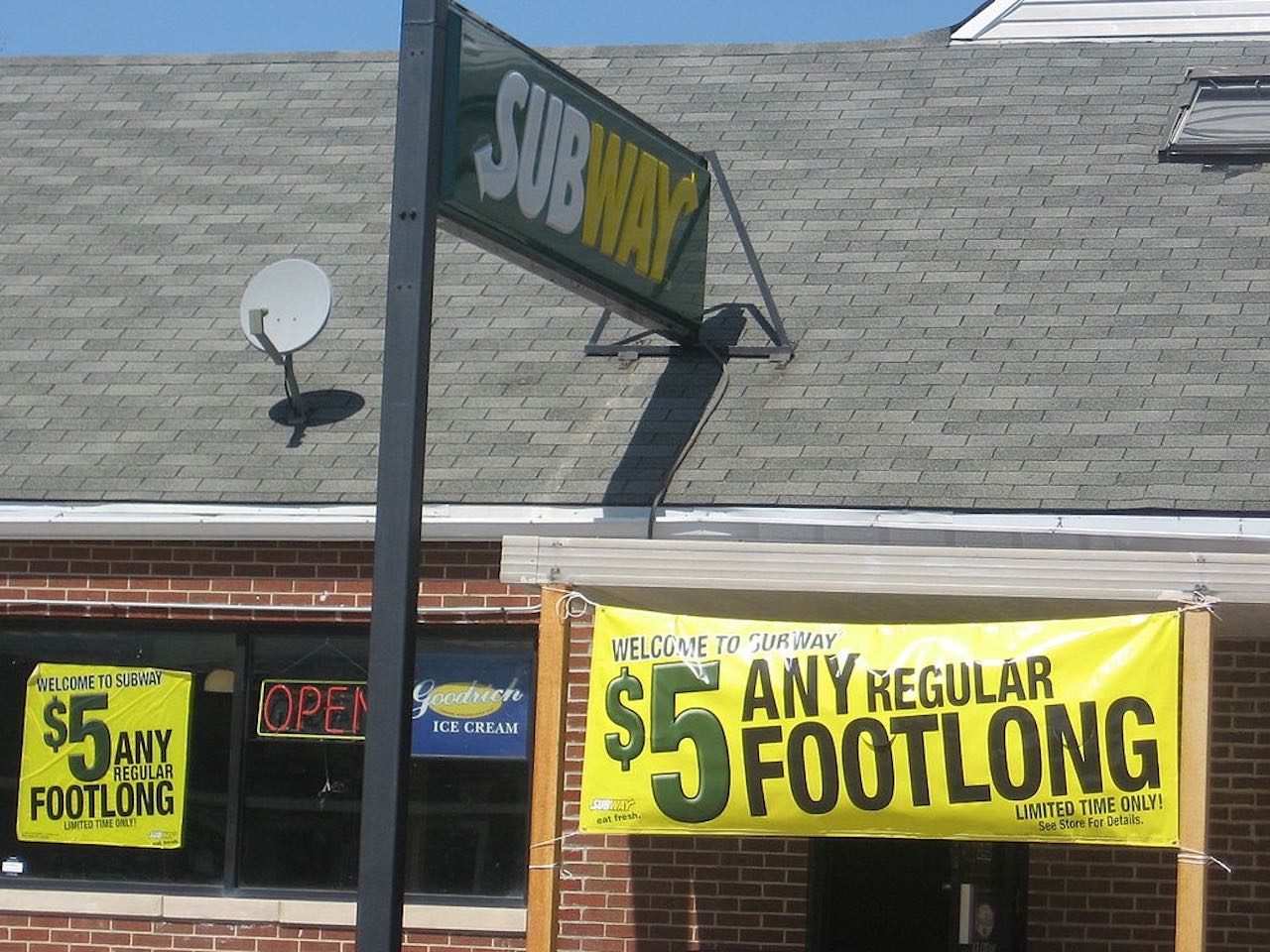
Subway’s sustainability and other ESG (environmental, social, governance) and CSR (corporate social responsibility) goals are supported through multiple programs and initiatives. The fast-food restaurant chain’s corporate citizenship goals are contained in these programs and initiatives. Subway’s ESG and CSR efforts positively impact the business, especially in terms of customer perception about the company, its brand, and its products. Also, business ethics and sustainability help enhance the company’s operational effectiveness and the long-term profitability of the franchise network. The attainment of the business purpose and goals based on Subway’s mission statement and vision statement depends on various factors, including positive stakeholder relations facilitated through the company’s ESG and CSR programs.
The business benefits of sustainability and related ESG and CSR policies and programs for stakeholder management contribute to Subway’s competencies against competitors, such as McDonald’s, Wendy’s, and Burger King, as well as the foodservice operations of coffeehouse chains, like Starbucks. One of the aims of Subway’s CSR and ESG activity is to ensure that the business remains competitive in the international market. The Five Forces analysis of Subway shows that this competitive environment involves aggressive firms in a saturated market.
Subway’s Stakeholders & Their Interests
Subway’s business affects multiple stakeholder groups. However, the foodservice company’s ESG and CSR strategy focuses on the interests of the most significant of these stakeholders. Considering this prioritization, the following are Subway’s stakeholders:
- Consumers
- Franchisees and business partners
- Workers
- Communities
Consumers are interested in high-quality food and drinks, as well as the social contributions of Subway’s ESG and CSR programs. As stakeholders, many consumers prefer to buy from sustainable foodservice companies that have a positive impact on communities and the environment. On the other hand, franchisees and business partners are a stakeholder group with interests in their business growth alongside the growth of Subway’s business. For example, franchisees aim for higher profits through strategic support from the company. Furthermore, workers at franchise locations are stakeholders who are interested in proper compensation and a healthy work environment. Subway’s CSR and ESG initiatives and programs also account for the interests of communities. As stakeholders, communities have diverse interests, such as community development programs and the ecological benefits of the fast-food company’s sustainable business practices.
Subway’s business culture (company culture) encourages decisions that account for the interests of stakeholders. The company’s CSR and ESG programs are supported through accountability in this culture that influences human resources at franchise locations. In developing these ESG and CSR programs, the company assesses stakeholders’ interests, which represent the trends shown in the PESTEL/PESTLE analysis of Subway, such as social trends favoring healthy lifestyles.
Subway’s Sustainability, CSR & ESG Programs
Subway’s sustainability, corporate citizenship, and ESG and CSR standing depend on key governance approaches relevant to foodservice operations and relations with stakeholders. The following are the components of Subway’s ESG and CSR strategy:
- Quality and food safety policies
- Subway Cares Foundation
- University of Subway
- Sustainability programs
Quality and food safety policies are primarily aimed at satisfying consumers’ interests regarding Subway’s CSR and ESG efforts. These policies ensure satisfactory food, drinks, and service provided to these stakeholders. Through quality and safety policies, ESG and CSR programs enhance product quality, which contribute to business competitiveness in the foodservice market. These programs are also a differentiating factor for the business strengths described in the SWOT analysis of Subway. Thus, food quality and safety policies enhance corporate citizenship and business performance.
The Subway Cares Foundation is the company’s philanthropic organization for various stakeholders. In particular, the Foundation focuses on ESG and CSR goals for the stakeholder group of communities. For example, Subway has food and nutrition programs for communities, as well as a scholarship program for qualified families. Aside from satisfying the interests of the stakeholder group of communities, the ESG and CSR programs implemented through the Foundation are also a component of public relations included in Subway’s marketing mix (4P), for improving consumer perception about the foodservice business, its food and beverage products, and its corporate citizenship status.
The University of Subway is an online platform designed for the interests of franchisees and workers. The company provides training programs and certification for these stakeholders and their advancement in the foodservice industry. These training programs satisfy the requirements and goals of Subway’s generic competitive strategy and intensive growth strategies, which facilitate the business growth of the company and the stakeholder group of franchisees. Thus, Subway’s ESG and CSR strategy improves human resource competitiveness and the business performance of franchisees.
Subway’s sustainability programs are primarily for the interests of the stakeholder groups of communities and workers. For example, the company has programs for packaging sustainability, responsible sourcing, and environmental conservation. These sustainability efforts benefit the environment of communities interested in improving their ecological situation with support from the quick-service restaurant company’s ESG and CSR initiatives. Moreover, Subway’s sustainability programs come with policies for sourcing from suppliers with ethical employment practices, which satisfy the stakeholder group of workers. Corporate citizenship and sustainability goals require green operational specifications for all areas of the foodservice business. Subway’s operations management supports programs and initiatives to make the business more sustainable and more effective in reaching its ESG and CSR goals.
References
- Ahmadi, A., & Amara, T. (2024). ESG Performance in Relationship with the Board of Directors, Sustainability Incentives, and CSR. In Sustainable Investments in Green Finance (pp. 188-194). IGI Global.
- Dada, O., Perrigot, R., & Watson, A. (2024). Influential factors of pro‐environmental behaviors among franchisees in the fast‐food sector. Business Strategy and the Environment, 33(3), 2301-2313.
- Mu, H. L., Xu, J., & Chen, S. (2024). The impact of corporate social responsibility types on happiness management: A stakeholder theory perspective. Management Decision, 62(2), 591-613.
- Subway Careers.
- Subway Cares Foundation.
- Subway Quality and Food Safety.
- Subway Sustainability.